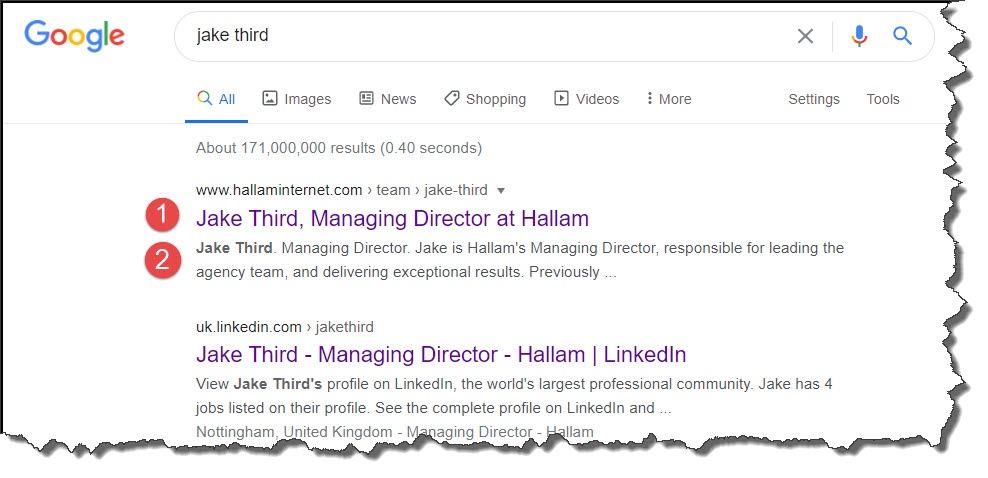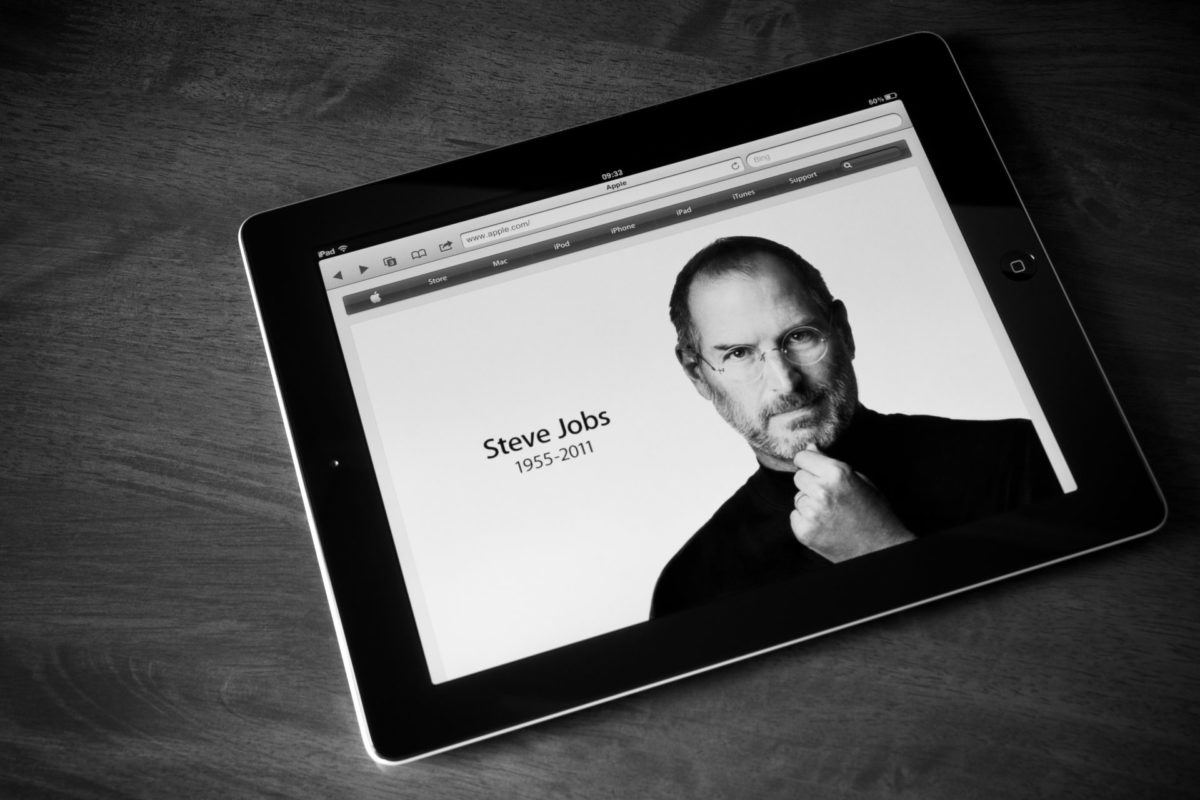Personal branding is the process of managing and manipulating the way you present yourself to others.
A strong personal brand will give you more credibility, bestow recognition and prestige, and will give you higher perceived value.
It’s a task well worth focusing on, and taking the time to craft a brand that reflects your values and purpose will help you to achieve your professional and personal ambitions.
People do business with people they trust. Your personal brand will build that trust, make you memorable, and is a power asset in the business community.
1. Define your personal branding USP
Your Unique Selling Proposition (your USP) makes it easy for me to understand what skills or experience or expertise you offer that other’s just don’t. What do you want to be known for? What is the one thing that you are great at?
Your USP needs to be backed up by evidence. Awards, case studies, testimonials. Remember that what others say about you is more important than what you say about yourself.
And your USP needs to be aligned with your values and ethics. You can be sure you are going to be more memorable, and a truer reflection of yourself, if your USP reflects not only your accomplishments, but who you are as a person, with your unique personality and character traits.
Your well defined USP will run as a golden thread through all of your personal brand communications. You are going to have one message, and you are going to stick to it, and it will make it easier to know what kinds of content you should be creating.
Your personal brand USP needs to be consistent, both online and offline. It should follow you everywhere you go. And for that reason, it really does need to be genuine and authentic, a real representation of who you are and what you believe in.
2. What does your personal brand look like on Google?
The best way to start your personal branding process is to search for yourself on Google. It is a great indicator to know how well Google understands you as a personal brand.
This first bit of research will reveal that all-important first impression.
Let’s take a quick look at the Google results for Hallam’s MD, Jake Third.

It’s great to see his job as MD ranks #1 from our website, and you will also see I’ve highlighted two Google attributes:
- The Title Tag of his page has been written to include his name and his job title
- And the Meta Description for Jake’s profile page has been tailored to his USP, which is about leadership and exceptional results.
That’s a good starting point. Now, scanning down the top 10 results in Google, you will see for Jake’s personal brand Google is displaying:
- his LinkedIn profile
- a public relations article published in the local press
- his Twitter profile
- his thought leadership content published in the trade press
- a set of images of Jake
- a testimonial Jake has given to one of our key partners
And perhaps the most important signal: Searches related to jake third

“Searches related to” are automatically generated based on an algorithm to determine terms related to your search. For Jake’s personal brand, it is clearly aligned with his agency
3. Managing your personal brand on social media
Social media is one of the key aspects of managing your personal brand online.
Start by deciding which social channels you are going to focus on, and give yourself permission not to use channels if you don’t feel appropriate. It is better to focus on just a few carefully chosen social networks and make a bigger impact.
The social landscape is rapidly evolving, so start by reviewing your customer personas, and the personas of other people you are looking to influence like partners, clients, employers, and other key stakeholders.
Next, ensure you are consistently representing yourself across all the social channels.
- Use one single profile picture that appears consistently across all the major social channels
- Register your name on all social channels, and use the same name consistently.
- Grab a personalised URL consistently for each channel where possible. See section 8 of this LinkedIn All Star profile article to see how to do it
- Find and engage with social media groups that are aligned with your specific industry or offering, and share your insights by participating in the discussion
- And create and curate engaging content that demonstrates your expertise and authority.
4. Generating content: storytelling
The best personal brands leverage the art of storytelling: a framework that shapes your messaging, that helps you to build relationships, and communicates in a way your audience can relate to.
Your personal brand storytelling should give a glimpse into who you are professionally, your motivation for what you do, and how you work hard to deliver your unique product or service.
Whether you’re writing blog posts, creating white papers, recording videos and podcasts – all of this content should contribute to your one overarching story that you want your audiences to engage with.
But remember, the best content and stories aren’t necessarily the stories you tell yourself.
Personal branding is the story people tell about you when you’re not in the room
5. Cultivating your personal brand
A great place to start is to research key influencers and popular individuals, and study how they are building their brand. What are they doing that works well? How do they engage with their audiences? Consider practical things, such as how frequently they create and share content, express opinions, or provide help and support.
For example, I greatly admire Larry Kim. He’s a talented thought leader and has created a powerful and consistent personal brand.
Researching his digital footprint, we can see clear steps that Larry consistently and predictably follows:
- Makes it clear what he wants to be known for and focuses on his area of expertise that makes him unique
- Builds his credibility by publishing high-quality content, speaking at conferences, and writing for high-quality publications
- Hangs out with the right crowd building relationships with other key influencers and focusing on being a great networker
- Uses an authentic voice he has a genuine passion for his work, and it rings loud and clear at every touchpoint
- Gives of himself with genuinely helpful content that he gives away
- Is a great listener engaging with others, and not making it all about himself
Have you just learned something new?
Then join the 80,000 people who read our expert articles every month.


